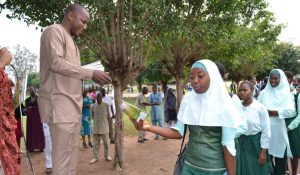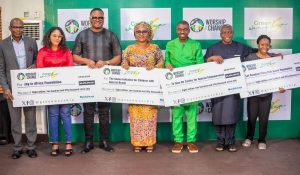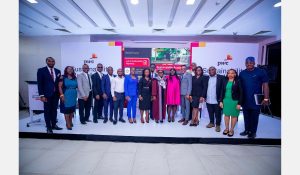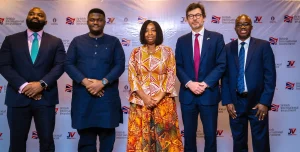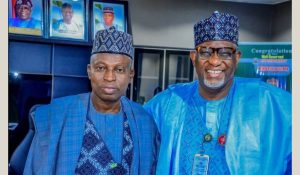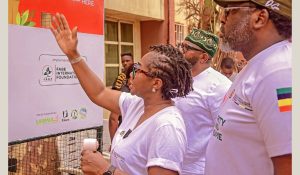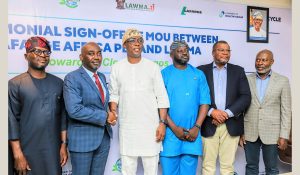
Why Nigeria’s $501m cocoa production export is at risk
Nigeria’s $501 million cocoa export is at risk if she does not adopt sustainability practices in her production, said Chairman Nigerian Integrated Reporting Committee, NIRC Dr Innocent Okwuosa.
He said that these are wide issues that have implication for the other sectors and the economy, adding that the adoption of sustainability reporting would help unlock capital in the capital market, improve transparency which also helps to reduce cost of capital.
While Sustainability Standards enable the listed companies and all entities to report their sustainability information, globally, sustainability information is financial information that enables investors to make informed investment decision.
Okwuosa who is the Immediate Past President of the Institute of Chartered Accountants, ICAN revealed that the Financial Reporting Council of Nigeria, FRCN has announced the adoption of International Sustainability Standards Board, ISSB’s sustainability standards which are the International Financial Reporting Standards, IFRS S1 and S2.
Prior to that, the FRC set up an Adoption Readiness Working Group to come up with the road map for the adoption of ISSB’s sustainability standards in Nigeria.
His words: “Nigeria is the first African country to announce the adoption of International sustainability standards.
“When the Chairman of ISSB came, he made it clear to Nigeria, why it must come on board because Europe will insist on making sure that the cocoa that is produced in Nigeria is sourced in a sustainable manner. He made it clear that Nigeria’s export, about $501 million is at risk if Nigeria does not adopt sustainability practices in their cocoa production.”
Meanwhile, the FRC and NIRC have announced plans to hold a capacity advocacy and capacity building programs for financial institutions, scheduled for this week in Abuja.
We had experience implementing IFRS, one lapse that FRC noted is that in the adoption of IFRS, when the committee finished their work, the capital market was allowed to implement, so there was no guidance, FRC needed to avoid that mistake.
When the adoption readiness working group concluded their work, FRC signed a Memorandum of Understanding with NIRC to serve as a technical partner to make sure that the advocacy, capacity building and implementation is well done this time around.
That is where the cooperation between NIRC and FRC comes in. NIRC would now work with FRC to ensure the needed skills are built in the country. Already NIRC has come up with a strategy document on how the sustainability standards would be implemented in Nigeria.
The adoption readiness working group roadmap started from 2023 to 2030, in 2023 we had the voluntary adopters, voluntary adoption is when you adopt before the effective date, already, there are about four companies in Nigeria that have agreed to do early adoption. There is Phase 2, 3 and 4.
NIRC started in 2017 to promote integration between sustainability and financial reporting in corporate annual report, promoted by ICAN under the advice of Pan African Federation of Accountants, PAFA.



